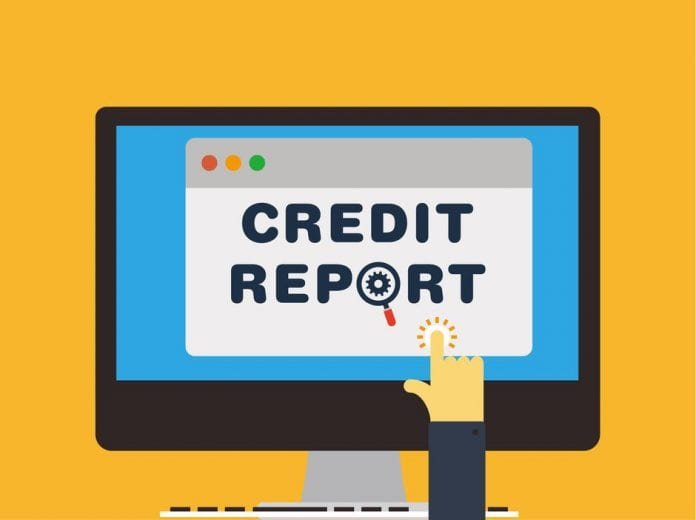Last Updated on March 12, 2024 by admin
According to a report published in the Financial Express, only 52% of borrowers understand what a credit score entails. Queries like is a credit score and CIBIL score same are common among individuals. As credit score is a crucial parameter that the lenders refer to determine a borrower’s creditworthiness. TransUnion CIBIL is one of the credit rating bureaus that allot this score as per one’s financial history.
In this regard, one of the most common questions that arise is – if holding multiple credit cards affects one score. Following is an attempt to answer this question, alongside a look at what other factors might affect this score.
Table of Contents
Will holding multiple credit cards affect CIBIL score?
As per experts, an individual’s score is not affected if he/she holds multiple credit cards. Nonetheless, being undisciplined in settling the credit card bills might negatively impact one’s score.
To prevent this from happening it is crucial to learn more about what the CIBIL score entails and the factors that affect it.
What does the CIBIL score entail?
A credit score is a 3-digit numeric representation of an individual’s credit profile. This score ranges from 300 to 900. The closer a consumer’s score is to 900, the greater the possibility of enjoying approval for a loan or a credit card application.
Four credit rating agencies in India maintain all records for credit-related activities of individuals and companies. TransUnion CIBIL is one of them. The credit score assigned by TransUnion CIBIL is known as CIBIL score, which answers the common consumer’s query: is a credit score and score the same.
Following the CIBIL website, a credit score above 750 is considered a decent one by the lenders. According to data on TransUnion CIBIL’s website for January 2020, 60% of total consumers had a score of 775 or higher.
Factors that might affect one’s CIBIL score
Several factors influence:
- Repayment history
The repayment history constitutes the record of whether the borrowers have been punctual towards paying off their credit card bills and EMIs. A delayed or a missed payment reflects negatively on the credit score. An individual holding multiple credit cards would find it difficult to make the card payments on time.
- Credit utilisation
Another factor that holds a high value while determining the credit score is the extent of credit utilisation done by the individual. If a consumer holds multiple cards and utilises a high percentage of the credit limit in each of the cards, it implies that the consumer is credit hungry.
- Credit inquiries
The number of inquiries made for one’s credit history also plays a major role in influencing the credit score. Frequent hard inquiries made by lenders owing to multiple credit applications can adversely affect one’s credit score.
Since CIBIL score is one of the major determinants for loan approval, every individual must check their score from time to time. You can check your score for free on the official CIBIL website and also through the portals of various financial institutions. You can also get a free credit report from India from CIBIL. A potential loan seeker who is a multiple credit cardholder would find these pointers highly helpful in availing a loan without hassle. It would also prove to be beneficial to those who are unaware that is a credit score and CIBIL score same or not.
Apart from that, if you are interested to know about Joint Credit Card then visit our Finance category.
